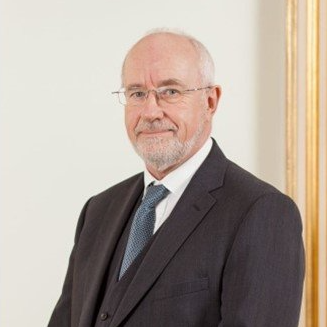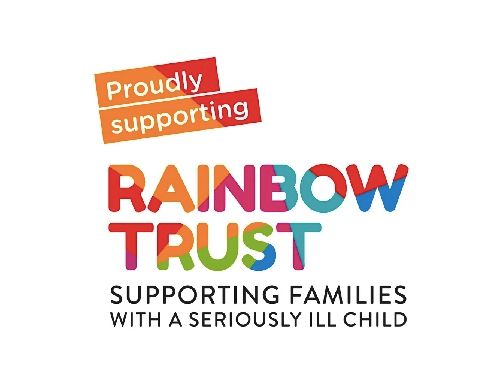0117 959 6496
Bike Minded at Life Cycle UK
Meet the fantastic charity improving peoples mental health through physical exercise and social connection.
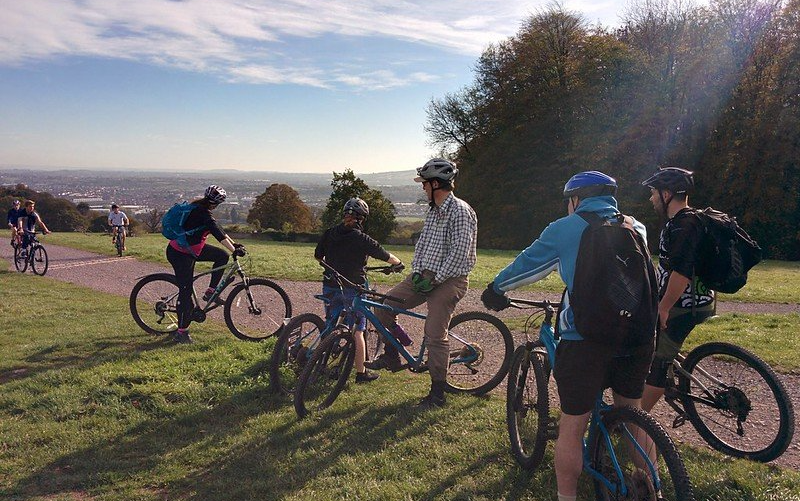
Happy new year and welcome to the first James Tudor Foundation blog of 2022!
This month we would like to share a fantastic Bristol charity. The James Tudor Foundation have supported Life Cycle UK with six awards since 2015 totalling £30,000 towards their ‘inclusive cycling project’ -Bike Minded, which aims to encourage people who face additional barriers to exercise and social interaction, to get out on a bike, get some fresh air and exercise and meet some like-minded people. Life Cycle caught the eye of The Foundation as it helps to make cycling accessible to all in doing so improves both the physical and the mental health of its service users.
I had the pleasure of interviewing Life Cycle UK’s Ed Norton. Ed started as a volunteer at the charity 10 years ago and since early 2020 has been in post as CEO. Life Cycle aims to transform lives and the environment by getting people cycling.
Grants from the James Tudor Foundation have allowed Life Cycle’s mental health and wellbeing support to evolve over the last 6 years. Before Covid, and when the Foundation first started supporting their mental wellbeing work it was very much focused around free open access group cycle rides. Whilst these were fantastic for some people, individuals who suffer with depression or social anxiety would often find it hard to join in these activities, in answer to this Cycle Buddies was born. This involved pairing a nervous new cyclist with a confident buddy who could provide encouragement and mutual support to engage in this healthy new hobby.
When Covid hit, in the first lockdown you were allowed to do very little apart from ride on your own, an online network was set up, but it was not the same. In May 2020 as restrictions started to lift and socially distanced exercising outdoors was permitted the focus of Bike Minded became centred around Cycle Buddies. We found that the buddy scheme became a really good core and, in a world where regulations were changing by the week, the buddying scheme has been constant even as group riding has come and gone.
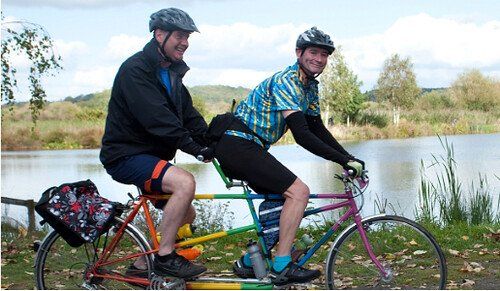
Bike Minded is not what it was before the pandemic, but it is targeted in a different way to help the same people, those who are very much isolated, feeling lonely, anxious or depressed. Commissioned services are struggling to cope with the increased demand, so community-based schemes like this make such a difference and funders such as James Tudor make this possible.
91% of riders say that getting involved with the project has had a positive impact on their wellbeing and 89% report increased confidence to engage with new opportunities. These statistics are testament to the power of exercise and social interaction it is often said of regular exercise or cycling that if someone could package the outcomes into a pill it would sell for thousands of pounds, yet cycling is there and it’s almost free. People just need a little bit of encouragement to get their legs turning and get outside.
James Tudor’s flexibility around the use of the grant money was greatly appreciated and gave Life Cycle the resources, the time and the confidence to adapt what they were doing in the old normal world to suddenly these huge constraints on what was allowed. Financial worries have been a huge source of stress for many throughout the pandemic and support from funders like James Tudor allowing us to offer this service free was key so that people could go out and get those exercise benefits especially when the roads were really quiet.
The uncertainty around regulations was not the only challenge for organisations like Life Cycle. Since the outbreak of coronavirus many funding streams have become extremely short-term which means that as a charity you can’t plan what programmes, staff or volunteers you are going to have in place in 6, 12 or 18 months. Having a funder like the James Tudor Foundation who really believes the projects it funds and wants to work with charities to secure, adapt and ensure their sustainability was a huge support during the pandemic. Ed commented that the funds were “the difference between furloughing or not furloughing staff or ultimately making people redundant when all our income dries up, when we know that there are funders who are going to stick by us, that service, the cycle buddies, all those group rides can survive.”
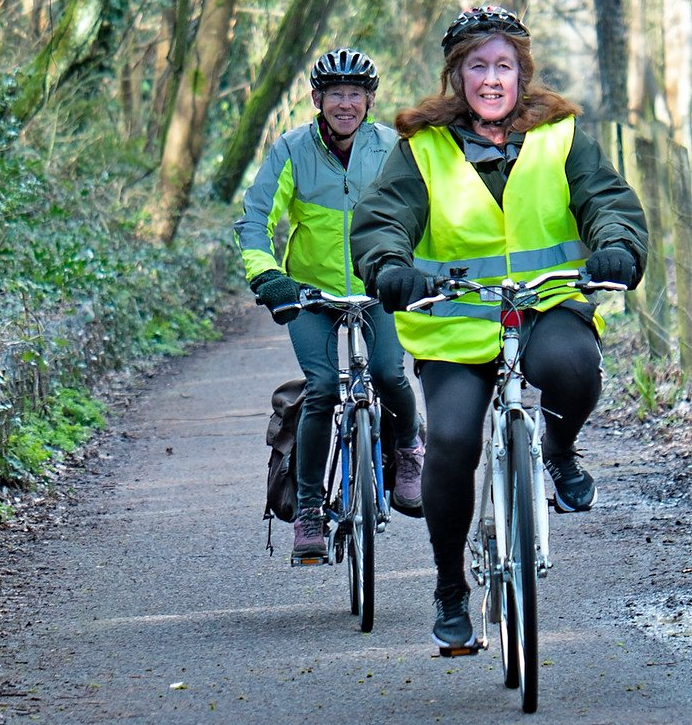
As we continue to live in this world where forward planning is close to impossible Life Cycle plans to keep facilitating the Cycle Buddy scheme and also hold beginners and returners group sessions to teach people to cycle and help returners re-find their confidence on two wheels. If everyone gains a bit of confidence, they can join the core leisure ride programme.
Ed believes the biggest challenge facing Life Cycle in 2022 is the cost-of-living crisis. He says “For some individuals we work with it literally comes down to the choice, ‘am I going to take a bus today or am I going to eat?’, it’s absolutely brutal so for us as a charity I think combatting the rising cost of living with the supply of bikes and bike repairs is going to be a fundamental part of what we are doing this year.”
The James Tudor Foundation’s support has helped Life Cycle to navigate these uncertain years and improve the lives of many people in Bristol.
If you want to find out more about Life Cycle UK and the services they offer, take a look at their website: https://www.lifecycleuk.org.uk/


